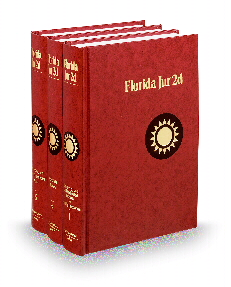 Supreme Court Gun Cases by David B. Kopel; Stephen P. Halbrook; Alan Korwin
Supreme Court Gun Cases by David B. Kopel; Stephen P. Halbrook; Alan KorwinCall Number: HV7436 .K67 2004
ISBN: 1889632058
Publication Date: 2003-09-01
Six years after I started, "Supreme Court Gun Cases" is now on press.
The Court has NOT been quiet -- there are 92 gun cases!
The Court repeatedly recognizes an individual right to arms.
The Court repeatedly recognizes the right to armed self defense.
The word "gun" is used in some form 2,910 times in the official decisions (gun, pistol, rifle, shotgun, etc., even Winchester five times).
To stop the spin doctors, I've reproduced all the actual cases.
My trademark "plain-English summaries" are included with each case.
I've highlighted more than 1,000 amazing quotations from the cases to make it a pleasure to read.
This is the most stunning support for personal gun rights in years.
I didn't just do this by myself -- my two co-authors are Attorney Stephen Halbrook, who has argued and won three Supreme Court gun cases, including the Waco/Branch Davidian case; and Attorney David Kopel, one of the top Second Amendment attorneys in the nation.
Key civil-rights leaders have seen early drafts and we've been honored with testimonials from the top organizations in the field, including:
GOA -- Larry Pratt
SAF -- Alan Gottlieb
JPFO -- Aaron Zelman
NRA -- Wayne LaPierre
...plus Joe Arpaio (The "Toughest Sheriff in America"), the Goldwater Institute, John Lott, Suzanna Gratia Hupp, Col. Jeff Cooper, Neal Knox, Tom Gresham and many more* (listed at the end).
This book changes the political landscape on the gun-rights debate forever.
Get news media info, bios, downloadable images and more at our gunlaws.com website.
A summary of the main points is included below.
Permission to circulate this news is granted.
Sincerely,
Alan Korwin, Co-Author
Supreme Court Gun Cases



 ATF State Laws and Published Ordinances - Firearms Plus ATF Federal Firearms Regulations Reference Guide by
ATF State Laws and Published Ordinances - Firearms Plus ATF Federal Firearms Regulations Reference Guide by  Florida Firearms: Law, Use & Ownership by
Florida Firearms: Law, Use & Ownership by  Florida Jurisprudence 2nd
Florida Jurisprudence 2nd Gun Control by
Gun Control by 